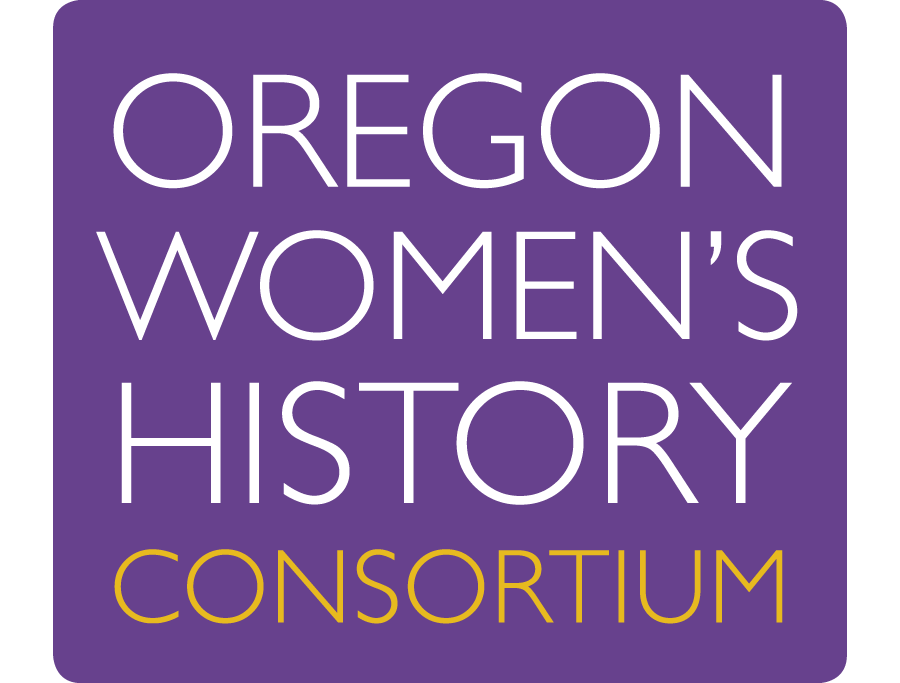
In Spring Term 2019, Alexandra Bell and Lane Meeuwsen in Professor Kimberly Jensen’s Women in Oregon History class at Western Oregon University interviewed Ms. Janice Dilg about the Nineteenth Amendment centenary and the importance of the vote. Ms. Dilg is the owner of HistoryBuilt based in Portland, Oregon. She has an MA in history from Portland State University, with her research pertaining primarily to Pacific Northwest women and labor history. Ms. Dilg speaks about woman suffrage as a mechanism of social change and reform. She explains that suffrage empowered women, and later helped other minorities in social movements. Ms. Dilg also emphasizes that we must continue to fight for the rights of women and minorities because they are not guaranteed forever.
Q: In your view, why is voting important?
Ms. Dilg: Voting is one way to express your opinion about a law, policy, or practice. Your vote means having a say on any matter or issue that is important to you. Voting is vital whether in your school government, neighborhood association, non-profit organization you support, or in state or federal government. All of these important entities wield some amount of power in our lives and having a vote, a say, in how they affect our lives is essential. Before women gained the right to vote many men, and some women, said women should only be interested in the “private sphere” by taking care of their families and their homes, not in the tough “public sphere” of politics and civic matters. But when unsafe food, milk, unsanitary conditions in their neighborhoods endangered their families and homes, women understood that the public and private spheres were basically one and the same and they wanted a say, a vote, in the laws that governed those elements that directly touched their lives.
Q: What barriers to voting have some Oregon women experienced?
Ms. Dilg: Some Oregon women were barred from voting on the basis of their status as U.S. citizens. Until the 1950s most migrants of Asian heritage who came to live in the country were not able to become naturalized U.S. citizens, nor were American born Native or Indigenous women, and non-citizens may not cast a vote. While Oregon did not impose overt barriers at the polls like in the Jim Crow South, rural voters used to have to travel long distances to reach their polling place, for example. This is one reason why vote-by-mail in Oregon provides better access to the ballot box for women and all voters.
Q: How have some women used the vote as a tool for social change?
Ms. Dilg: Women have used the vote to gain more equality. Until the 1970s many women, single or married, could not get credit in their name, paid higher insurance premiums than men, and could not buy a house without a man being a co-signer. Removing gender from laws that governed these laws and practices, along with many others, was a key step for women to gain equal standing in financial matters and personal independence. Women either brought about these changes by voting for elected officials who made these changes or ran for office and made the changes as an elected official themselves.
Black women were key to the ultimate success of the Civil Rights Movement. They did much of the organizing, training of youth for non-violent protests, writing and printing pamphlets (their skill using mimeograph machines needs to be immortalized), as well as being motivational speakers. While often less well known, or in the public eye, Black women made a major contribution to gaining equal civil rights for themselves and their communities.
Q: What additional points do you feel are important for us to consider as we commemorate the ratification of the Nineteenth Amendment?
Ms. Dilg: It is important for us to remember that adding the Nineteenth Amendment to the U.S. Constitution did not mean the end of the struggle for women and women’s equality; it was the beginning. Women had to determine not only how to be involved in voting, but running for office and being involved in every aspect of city, state, and federal politics. We saw an unprecedented number of women elected to public offices across the country in the last election in 2016, a trend that has been long in coming and one that I hope, and expect, to continue.
There was serious racism embedded in the long campaign for voting rights for women; perpetrated by women as well as men. That story needs to be told as part of the commemoration of the Nineteenth Amendment that will be told in 2020 as it is critical to understanding the woman suffrage movement. Similar issues of racism, and anti-LGBTQ exclusion occurred in the Second Wave Feminist movement in the 1960s and 70s as well. Ongoing attention must be paid to making full inclusion a bedrock principle in the formation and function of any organizations that purports to have a positive, progressive agenda.
Finally, we need to be mindful that no right is gained forever. In the past few years we have seen the erosion of laws governing voting rights and reproductive rights. Rights that were hard won after decades of struggle are increasingly under attack, diluted, or expunged completely. Vigilance has been necessary to keep and maintain rights we are entitled to as citizens, and it will be so in the future as well.
